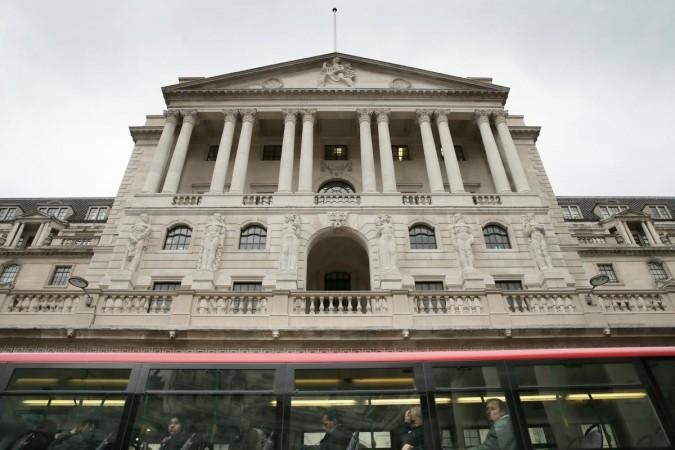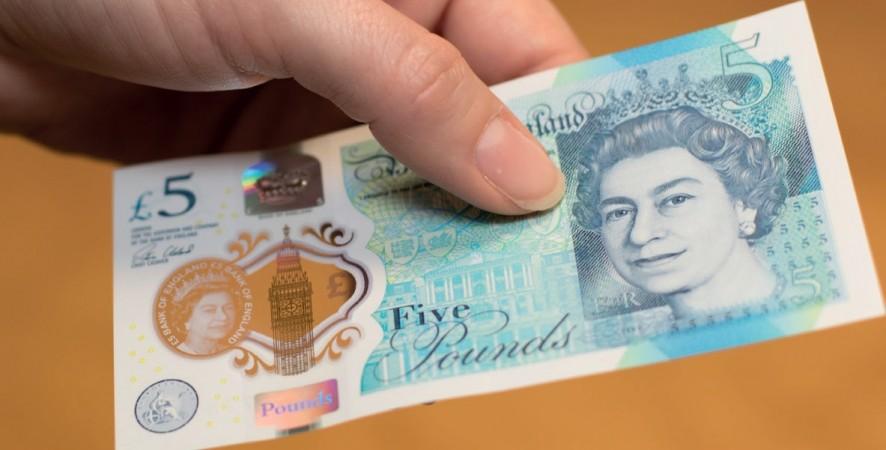The Bank of England has warned the UK risked being plunged into the longest recession in 100 years after it pushed up the cost of borrowing to 3 per cent in the biggest single interest rate rise since 1989.
A 0.75 per cent increase, the latest in a series of eight interest rate rises since last year, would not be enough to guarantee victory in the war against double-digit inflation, the Bank said, as it cautioned further action would be needed.
The UK economy faces a "very challenging outlook", with a recession that began this summer now expected to last until the middle of 2024, the Guardian reported.

With the possibility of a general election being held in 2024, the Conservatives face campaigning to remain in government at the tail end of a prolonged slump, during which the Bank said it expected unemployment to rise from 3.5 per cent to 6.5 per cent.
However, there was some relief for mortgage holders as the central bank downplayed City expectations of a steep rise in the cost of borrowing to above 5 per cent, arguing that the prospect of a two-year recession meant it was likely to take a much less aggressive stance.

Andrew Bailey, the Bank's Governor, said: "We can't make promises about future interest rates, but based on where we stand today, we think the bank rate will have to go up by less than currently priced in financial markets."
The last time UK rates rose by more than 0.5 per cent was in 1989, reports the Guardian.
John Major's government was forced into a 2 per cent rise during the exchange rate mechanism crisis in 1992, though for less than 24 hours before it was scrapped.
(With inputs from IANS)











